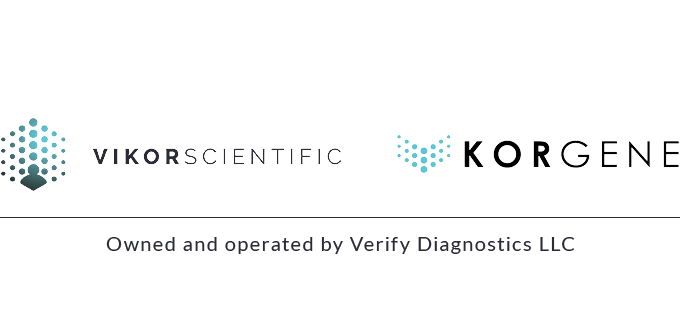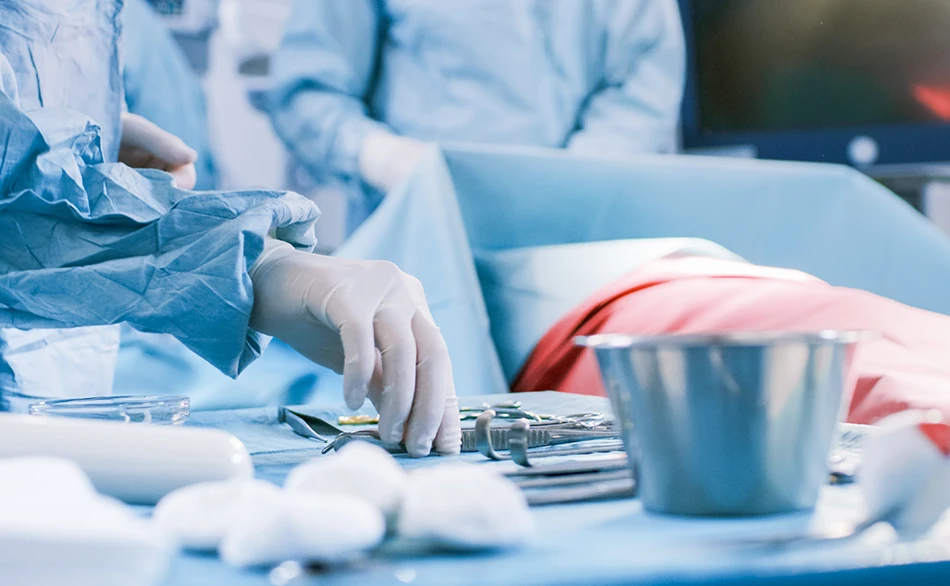One of the primary benefits of using Surgical-ID for diagnosing surgical site infections (SSIs) is its rapid turnaround time.
This speed is crucial for initiating appropriate antimicrobial therapy promptly, which can significantly improve patient outcomes. PCR is also significantly more sensitive than culture in detecting pathogens in surgical specimens. This increased sensitivity is particularly beneficial for identifying viable but non-culturable bacteria (VBNC), anaerobes, and unculturable bacteria in SSIs, which are often missed by conventional culture methods.1
PCR can also detect bacterial DNA in samples where prior antimicrobial exposure or unfavorable growth conditions hinder bacterial growth. Antimicrobial resistance is important to detect in SSIs, as this can result in increased morbidity, mortality, and costs of care. The presence of MRSA in a surgical incision can be associated with a 12-fold increase in 90-day post-operative mortality compared with uninfected patients. The median cost of care for patients infected with MRSA can be up to $40,000 higher.2
1 Behera, H.S., Chayani, N., Bal, M. et al. Identification of population of bacteria from culture negative surgical site infection patients using molecular tool. BMC Surg 21, 28 (2021). https://doi.org/10.1186/s12893-020-01016-y
2 Cosgrove SE. The relationship between antimicrobial resistance and patient outcomes: mortality, length of hospital stay, and health care costs. Clin Infect Dis. 2006;42 (Suppl 2):S82-89. PUBMED:16355321
Clinical Solution
Vikor Scientific™ offers the clinician access to one of the most advanced molecular methodologies for pathogen detection, quantification, and resistance gene identification. Vikor delivers rapid and precise results simultaneously with actionable guidance, which incorporates regional sensitivity and susceptibility patterns, medication costs, antibiotic spectrum of activity, and treatment guidance for providers to consider when determining what’s best for their patients.
The end product is a patient-centered, value-based care solution that enables providers to make informed treatment decisions that could avoid inappropriate therapy, excess costs, adverse drug events and the progression of disease.
Clinical Advantages
- Prevents delays in diagnosis and treatment (*results within 24 to 48 hours post specimen arrival to lab)
- Detects polymicrobial infections simultaneously
- Identifies up to 49 antibiotic resistance genes in 13 antibiotic classes including Methicillin, Carbapenem and Vancomycin resistance
- Reduced susceptibility to being affected by concurrent antibiotic therapy
- Can help reduce risks of drug exposure and adverse events
- Can help decrease the progression and spread of infection
- Provides up-to-date regional sensitivity and susceptibility patterns
- Improves selection of narrow-spectrum antibiotics
- Prepares clinicians to make cost-effective treatment decisions
- Easily accessible results (mobile, web-portal or EMR integration)
* Test results could be delayed in some circumstances when there is error in clerical documentation, collections, lab handling, or a delay in shipping.







